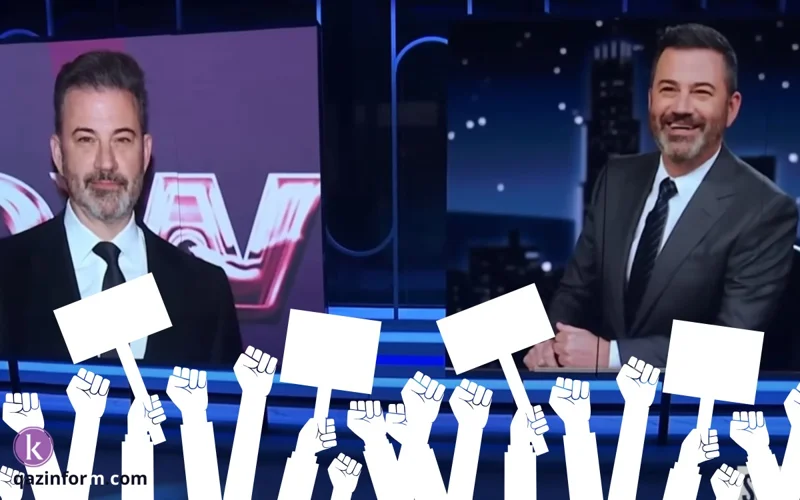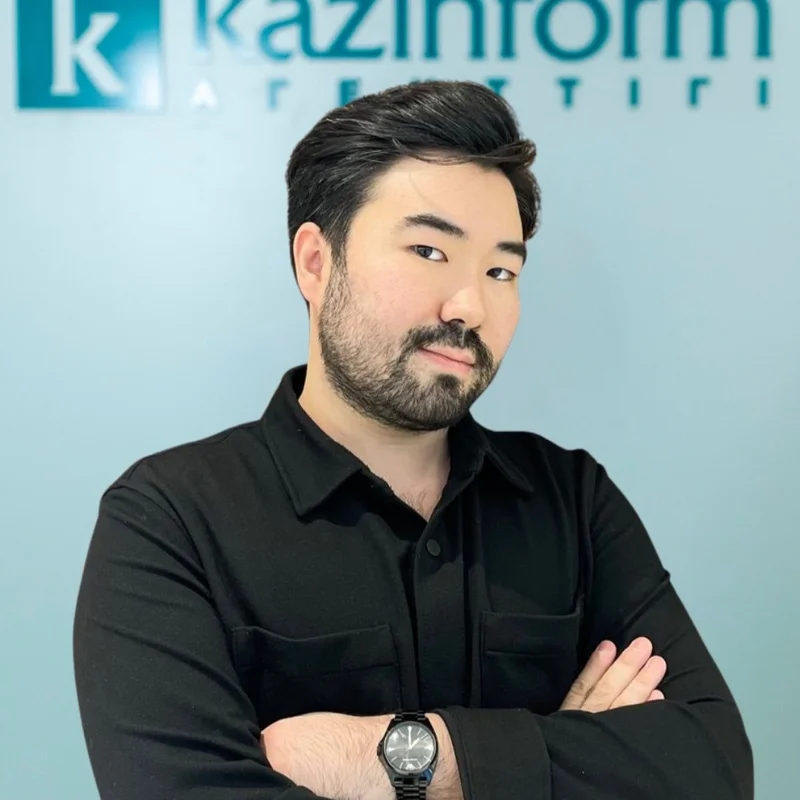Kimmel’s comeback highlights America’s ongoing debate on free speech and its limits
ABC’s popular late-night program Jimmy Kimmel Live! returned to U.S. television tonight after an unexpected suspension that triggered an intense national debate about free speech and media regulation, Kazinform News Agency correspondent reports.

The show was pulled last week after host Jimmy Kimmel made remarks about the political reaction to the reported killing of American conservative activist Charlie Kirk. In his monologue, Kimmel suggested that supporters of U.S. President Donald Trump were trying to use the tragedy for political gain. The comments angered many conservative politicians and media figures, quickly drawing attention from the U.S. Federal Communications Commission, the federal agency that oversees broadcasters. Its chairman publicly warned ABC and its parent company Disney about potential consequences for their broadcast licenses.
ABC’s decision to suspend the show sparked protests outside several ABC studios and ignited a storm of public debate. Media commentators, entertainers, and civil rights groups sharply criticized the move as a threat to free expression. At the same time, conservative voices insisted that broadcasters must be held accountable for what they described as inflammatory remarks. For several days, the dispute dominated U.S. television and social media, with prominent journalists, celebrities, and political figures weighing in.
After a week of tense negotiations inside Disney and ABC, the network announced that the program would return on September 23. ABC said the break was intended to “avoid further inflaming a tense situation,” while acknowledging that parts of Kimmel’s monologue had been “poorly timed and insensitive.” Yet several major stations, including those owned by Sinclair Broadcast Group, are still refusing to air the program.
Why It Matters
Kimmel’s first night back will be closely watched not only by American audiences but also by observers abroad, as the dispute underscores not just the defense of free speech but also the ongoing debate over where its limits should be drawn. Many analysts note that American politics increasingly frames debates about freedom of speech in moral and ethical terms. The question is not only whether people may speak freely, but how far public discourse can go before it undermines the very civility on which democracy depends. In this debate, it is often not government control that sets the boundaries, but social demand—pressure from audiences, interest groups, and public opinion itself.
Kimmel has returned to the screen, yet several privately owned television stations have chosen not to air his show, underscoring how these limits can be enforced by private actors rather than the state.
A similar concern was raised recently by Kazakhstan’s President Kassym-Jomart Tokayev in his most recent Address to the Nation, where he observed that “glaring rudeness, foul language and even brawls have become ordinary, often visible in public places and on the roads.” His warning about eroding public manners highlights that the challenge of balancing openness with social responsibility is not unique to the United States but resonates strongly in Kazakhstan as well.
